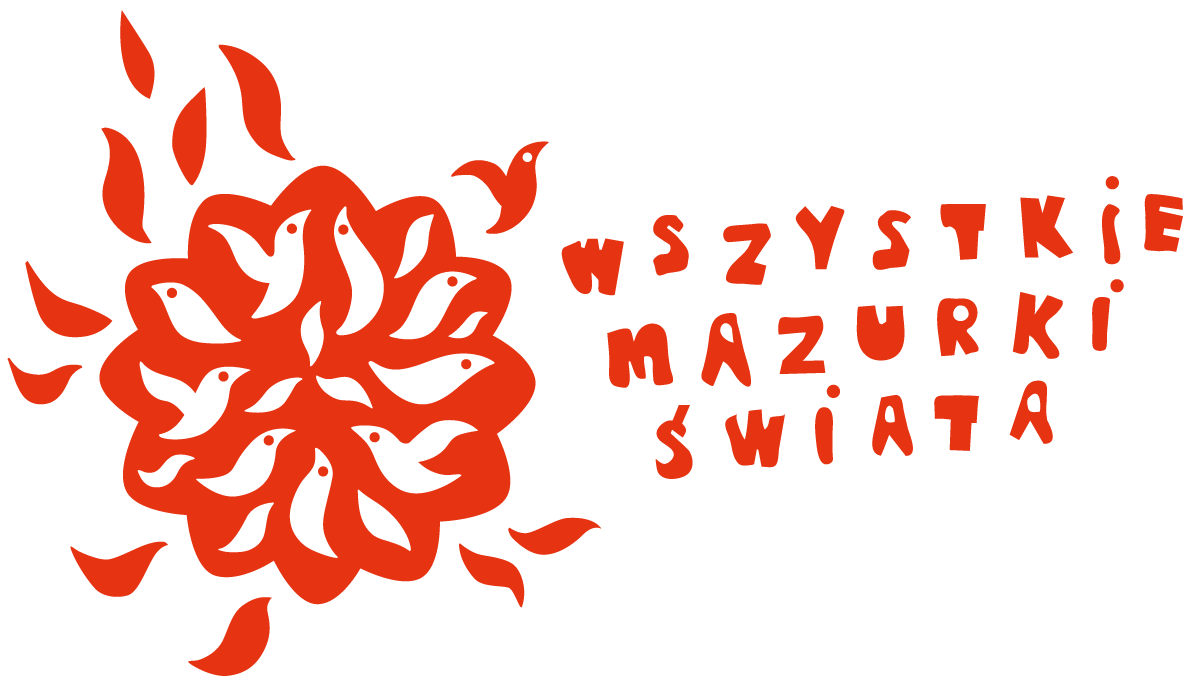CONCERT Northern Mazovia – Unknown Land
“…Lord, my father and grandfather played this with a double bass. It was a band for two vio-lins and the double bass. Then, even before the war, three-row accordions came in and I learnt to play the accordion” said Stanisław Frelkowski, a bandsman from Kosiny Kapiczne near Mława in the 1990s. In this sentence about the composition of the former band we got a key to read the musical heritage of Northern Mazovia, scattered across different archives and published in individual publications. The oldest bands consisted of the violin, the violin sec-onds and the double bass or the basolia. Newer – with the harmony or the accordion, the jaz, the trumpet, the saxophone, the clarinet, the trombone, sometimes with the violin.
Until very recently, 50 – 60 years ago, the region of Northern Mazovia, which is located in the strip of sandy lands near the border with the old Prusia – from Dobrzyń to Kurpie – resounded with songs, dance music and religious songs. Until recently, in the carnival one had to be pre-pared for the visit of a carnivorous disguise walking with „umerlak” (a dead), a goat or hair dressings, at the deceased one sang “empty nights”, at weddings and dances accordions played, jazes and all wind instruments available then. If we now ask someone about local songs and music, we will either hear popular hits or nothing. And the village violinists in the vicinity of Mława have been gone for decades.
The specificity of the whole region of Northern Mazovia is that peasant villages were adjacent to villages and farms of gentlefolks, forming a distinctive conglomerate. Such a large number of nobles were placed here to defend the northern, difficult borders of the Republic. The farm gentry worked on the land just like peasants, it was even poorer, but cared about its “nobility”. From a musical perspective, it manifests itself with numerous songs or even popular songs with characteristic “court” melodies, as well as dances about court provenance, such as the famous counter, whose full “circulation” could last for over half an hour. On farm, it was a joke that a nobleman in a dance “jumps like a hare” while a real peasant’s dance seems to be ra-ther sliding. Differences were also noted in the way of singing. „Pretty” singing of the gentle-folks was distinguished from “resonant” singing of peasants.
The concert was prepared on the basis of musical materials collected within the project „Nor-thern Mazovia. Unknown Land” („Mazowsze Północne. Ziemia Nieznana”), devoted to the culture and traditions of Northern Mazovia – with particular focus on the Zawkrzeński Land and Pobo-rze. The sources were: archival recordings of IS PAN from 1963, especially such dances as: kujawiak, oberek and owczarek from a violinist Józef Kwiatkowski, born in 1893, publications of Tadeusz Kiszczak “Folk Songs from Northern Mazovia”, especially dances such as: jJew-ish polka, march, kujawiak, wiwat and kozak from Michał Rubin born in 1900, film recordings and memories of Kontro from Mława and memory and own research, including works learnt from Stanisław Rostkowski from Studzieniec, Frelkowski from Kosin and Leszek Taraszewski from Otocznia Stara.
Curator of the concert: Janusz Prusinowski
Musicians:
Kaja Prusinowska – vocal
Janusz Prusinowski Kampania composed of:
Janusz Prusinowski – violin, pedal harmony, cymbals, cannel, vocal
Michał Żak – clarinet, saxophone, flute, double bass, vocal
Piotr Piszczatowski – baraban, drum, violin seconds, double bass, dance
Guests:
Kazik Nitkiewicz – trumpet, vocal
Ewa Koźlakiewicz – double bass
Jakub Mielcarek – double bass
Dance:
Ewa Koźlakiewicz – preparation and conducting
Dancers from the Foundation for the Promotion of Culture “Zvkrzan”
Grzegorz Ajdacki
Arkadiusz Szałata

